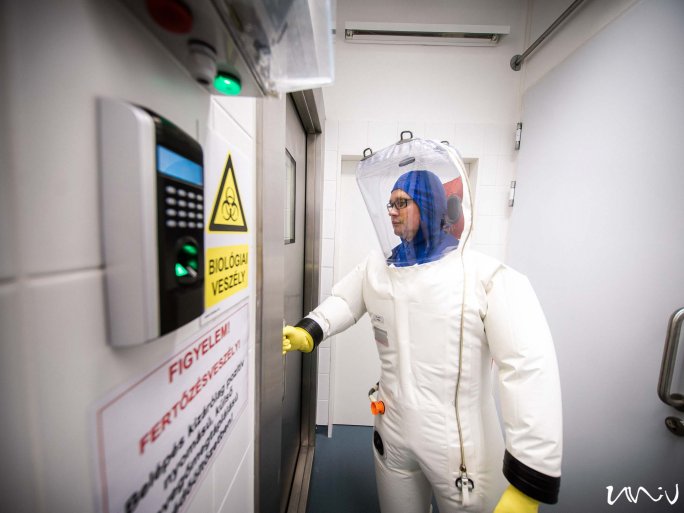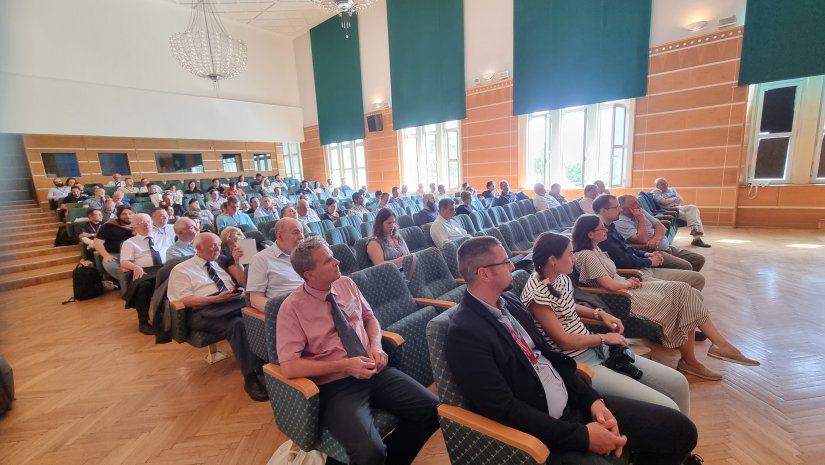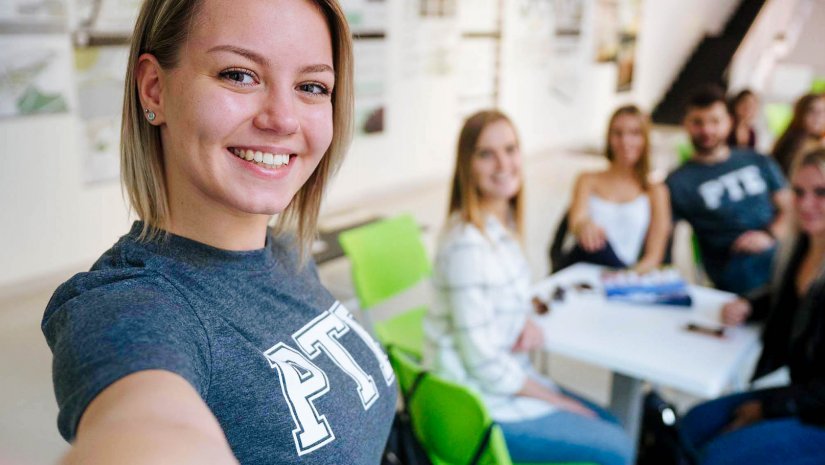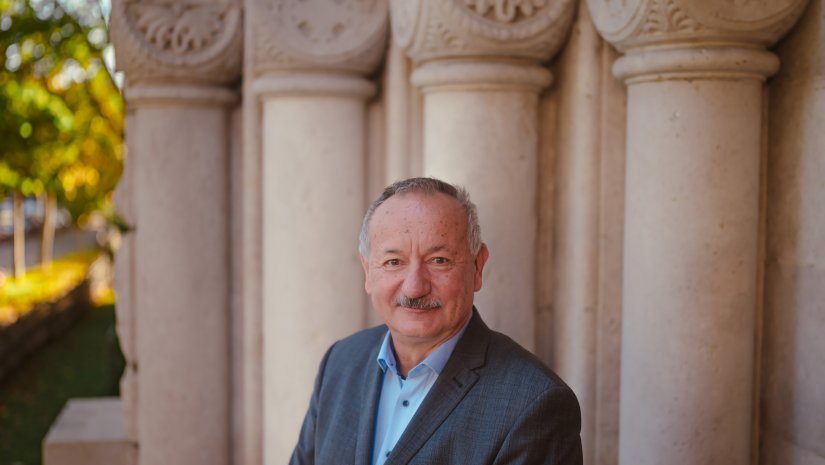"The Virological Research Group of Szentágothai Research Centre, University of Pécs and the Austrian biotechnology company CEBINA GmbH are launching a joint COVID-19 vaccine development project, for which both the Austrian and the Hungarian research groups have the appropriate support" - announced Professor Ferenc Jakab, virologist of UP, head of the Coronavirus Research Task Force. The National Virology Laboratory program announced at the end of May provides among others opportunities to finance large-scale research projects of international visibility like the aforementioned one, located in the Research Centre of UP, led by Ferenc Jakab, professor of the University of Pécs.
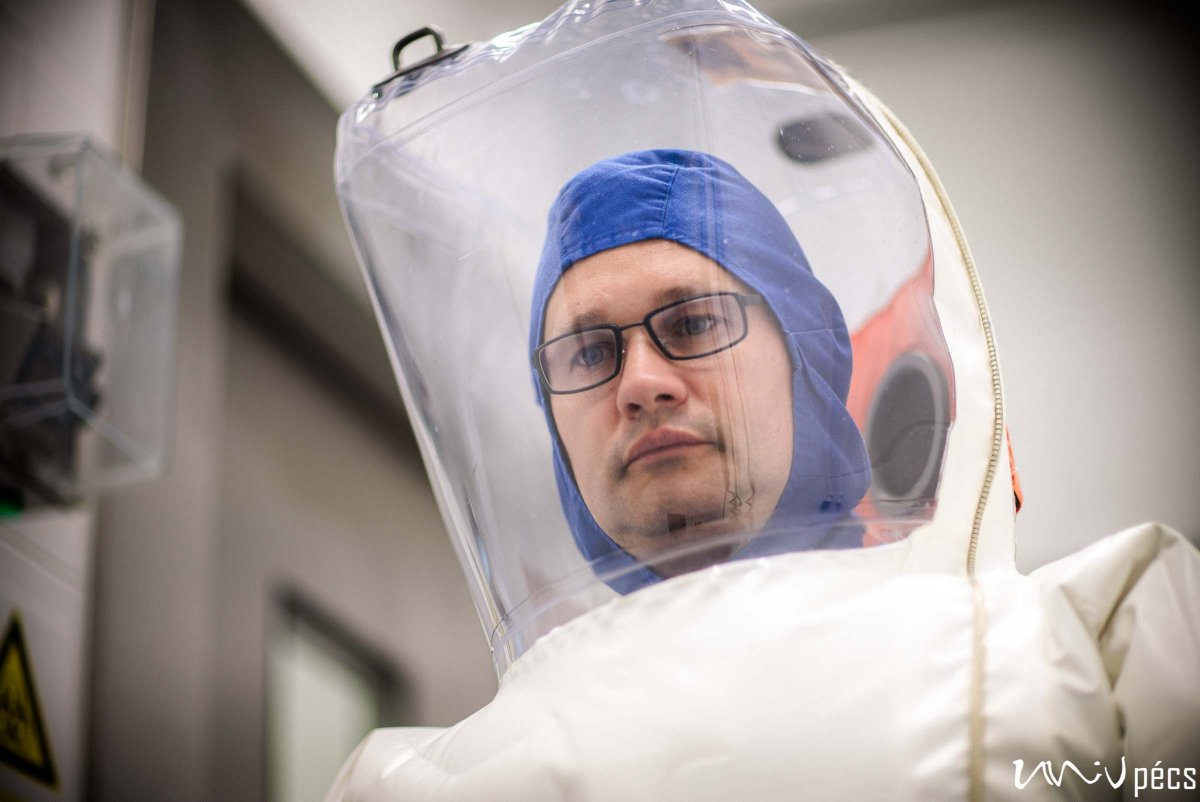
“Serious vaccine development projects are usually carried out in collaborations, therefore the harmonious cooperation between the research sites is essential. The two institutes have been working closely together before as well, resulting in promising active substance tests. These can also lead to significant progress in the treatment of patients affected by COVID-19 in the future, and in the possible pharmacological prevention of SARS-CoV-2 infections” – explained professor Jakab.
“The CEBINA team strives to apply its decades’ worth of experience in vaccine research and development to answer this global problem as well with our coronavirus vaccine project. Unlike vaccines that are now in the clinical trial phase, we use a more traditional vaccine technology, which is safe and affordable for mass vaccination. Our subunit vaccine is based on vaccine antigens that are expected to induce protective immunity in current and future coronavirus epidemics” - said Dr. Eszter Nagy, CEO and founder of CEBINA.
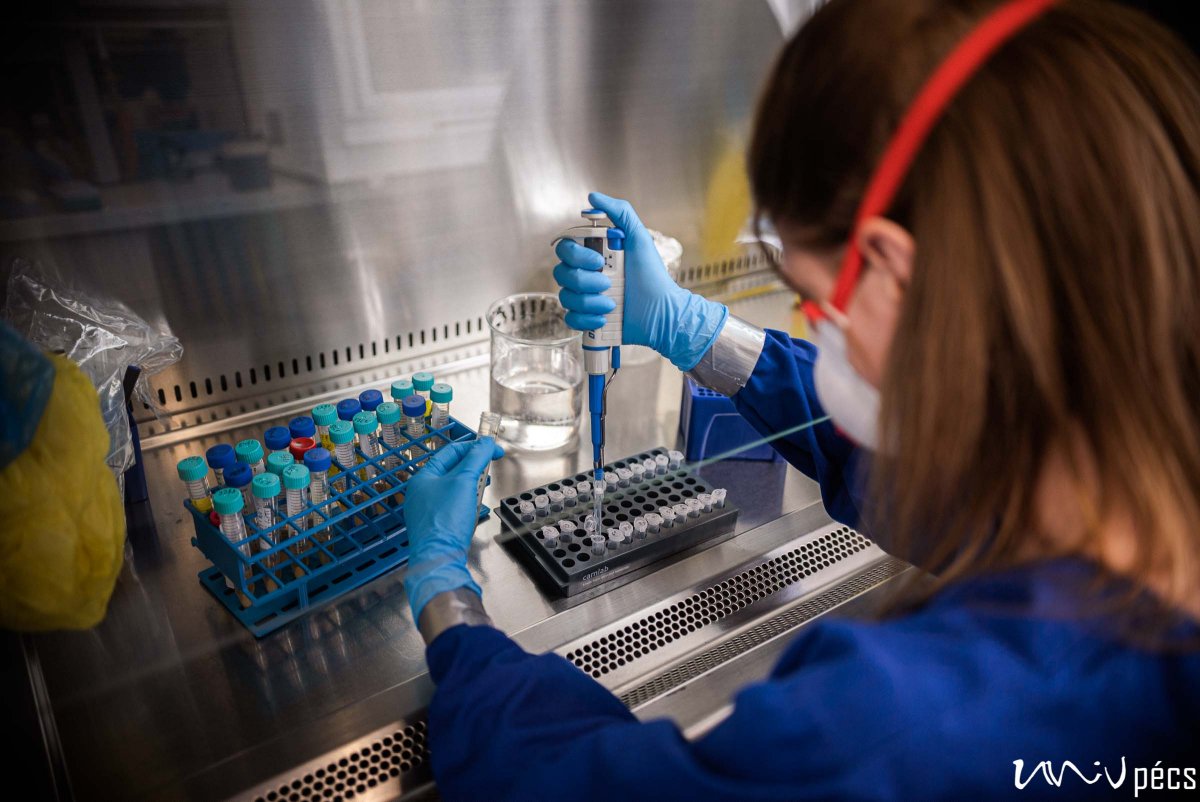
The consortium is developing a modern, third-generation coronavirus vaccine that is fundamentally different from current development approaches. The first phase of preclinical testing of the recombinant, protein-based vaccine could be carried out as early as 2021, after which the production of the prototype can also begin.
Read the original article (UnivPécs) »


